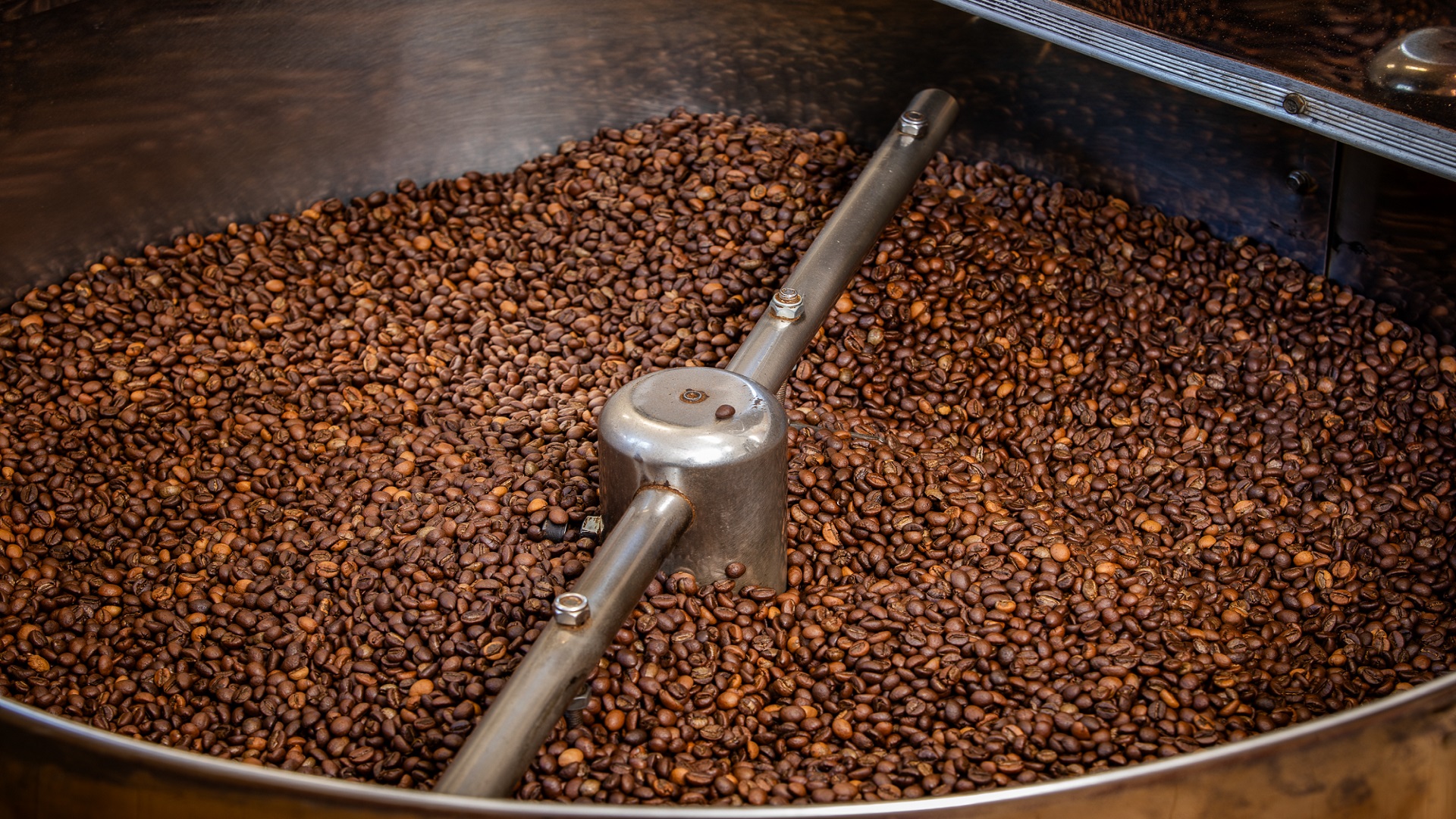With 2.25 billion cups of coffee consumed daily around the globe, many companies, cafes and consumers have switched to recyclable or reusable cups and lids to reduce waste. But the grounds left over make their mark on the environment too, and researchers are getting creative with how to recycle them.
Coffee grounds are fully biodegradable, yet up to 75 percent find their way to landfills, where it takes up to three months for them to start breaking down. And even though coffee grounds are biodegradable, the breakdown process releases methane gas that has a greenhouse effect 28 times greater than carbon dioxide.
But what if the ground waste from your java helped secure the foundation of the building you’re sipping it in? This is a possibility thanks to a team of researchers at the Royal Melbourne Institute of Technology in Australia, which has found a way to use processed coffee grounds in concrete and boost its strength by up to 30 percent.
The key: converting it to biochar.
Biochar is a residue similar to charcoal originating from natural sources like plants and trees. It is created when biomass — any biological material — is burned in the absence of oxygen, typically at high temperatures ranging from 500 to 800 degrees Celsius — a process called pyrolysis.
 CAPTION: Samples of unroasted coffee beans, roasted coffee beans, spent ground coffee and the team’s coffee biochar. IMAGE: Carelle Mulawa-Richards, RMIT University
CAPTION: Samples of unroasted coffee beans, roasted coffee beans, spent ground coffee and the team’s coffee biochar. IMAGE: Carelle Mulawa-Richards, RMIT UniversityThe process the team is using, however, requires lower temperatures than usual, burning at a more energy-conscious 350 degrees Celsius.
We use small-scale equipment and two hours of pyrolysis was sufficient, but the time can vary based on the size of the pyrolysis unit.
– Dr. Shannon Kilmartin-Lynch, co-lead on the study.
The process from plant material to biochar prevents carbon dioxide from being released and transforms the makeup to one that is stable, permeable and rich in carbon. It is typically used in agriculture to increase crop growth.
Previous attempts to add biochar to strengthen concrete have been unsuccessful, able to add only 3 percent of the biochar and ultimately resulting in a weakened concrete. But the Melbourne team’s method with coffee waste proves to have substantial sustainability implications for the coffee and construction industries.
“There are multiple materials available in the market that can contribute to the improvement of concrete strength, but the key highlight of this research is that a waste material that was ending up in landfills and contributing to high greenhouse-gas emissions can be transformed into a high-value product for strengthening concrete,” Kilmartin-Lynch tells KUST Review.
So, they’ve reduced the waste and burning temperature, and it’s likely to be cheaper than using traditional concrete.
“We (the team) don’t see any implications that can hinder its field applications or commercial use. The (about) 30 percent increase in strength can be leveraged to cut down the required cement content, which is produced at approximately 1,450 degrees Celsius,” Kilmartin-Lynch says.
 CAPTION: : RMIT researchers Professor Kevin Zhang, Professor Jie Li, Dr. Rajeev Roychand, Dr. Shannon Kilmartin-Lynch and Dr. Mohammad Saberian in the RMIT Microscopy and Microanalysis Facility, where they analyzed the structure of their coffee concrete (pictured left to right) IMAGE: Will Wright, RMIT University
CAPTION: : RMIT researchers Professor Kevin Zhang, Professor Jie Li, Dr. Rajeev Roychand, Dr. Shannon Kilmartin-Lynch and Dr. Mohammad Saberian in the RMIT Microscopy and Microanalysis Facility, where they analyzed the structure of their coffee concrete (pictured left to right) IMAGE: Will Wright, RMIT UniversityHe spends much of his time working toward waste solutions and seems to enjoy stuffing waste into concrete instead of the landfill. To date he has experimented with masks, medical gowns, gloves, tires and food waste. Success from these studies has powered the group to “look at further waste to add into concrete to achieve a circular economy within the concrete industry.”
The team sees the project’s success as two-fold: an absolute solution to the problem of coffee-ground waste — totally eliminating it from landfills — and a valuable resource for the construction industry.
Let’s discuss over a guilt-free coffee.






